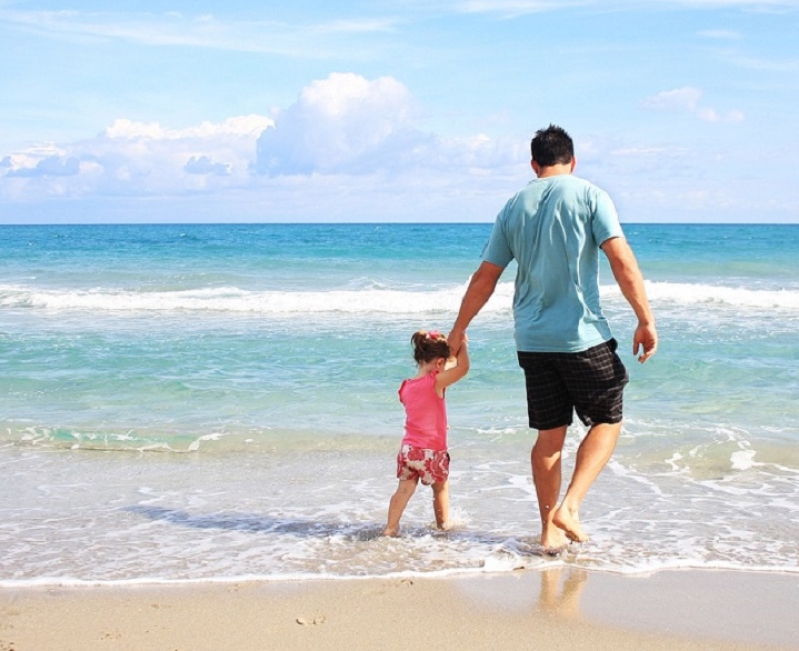
Why do we call God "Father"? According to Pope Francis - this is one of the greatest mysteries of the Christian faith - and also our source of hope as believers.
Addressing a crowd gathered in St. Peter's Square on Wednesday, June 7, the pontiff said, according to Catholic News Agency: "The entire mystery of Christian prayer is summed up here, in this word: to have the courage to call God by the name of Father."
He pointed to Chapter 11 of the Gospel of Luke, where Jesus taught his disciples to pray beginning with the phrase "Our Father." Throughout the New Testament, Jesus uses the expression more than 150 times to refer to God.
To understand how God unconditionally loves His children, Francis referenced the parable of the Prodigal Son. The father in this story, also found in Luke, he said, does not punish his son for his arrogance. Instead, he gives him his share of the inheritance, and later welcomes him back home -- even after he had squandered every penny.
"The father does not apply the criteria of human justice," the Pope said, "but first he feels the need to forgive, and with his embrace makes the child understand that in all that long absence he missed him; he is painfully missed by his father's love."
"God is Father, Jesus says, but not in the human way, because there is no father in this world who would behave like the protagonist of this parable," the Pope said, adding "What an unfathomable mystery is a God that nourishes this kind of love towards his children!"
It can seem strange to refer to God using the familiar term "Father", as it sometimes seems like we should use only the highest, most respectful titles to address Him, said Francis.
"Instead, invoking him as 'Father' puts us in a relationship of trust with Him, as a child who turns to his dad, knowing he is loved and cared for by him," Francis said. "Jesus reveals to us that God is a good Father, and He tells us, 'Do not be afraid.'"
This is perhaps why the Apostle Paul doesn't translate into Greek the Aramaic word, "abba", contended the pope. This phrase is sometimes translated as "papa" or "daddy" and is "a term more intimate than "father."
Ultimately, the Bible tells us that God the Father is there for His children - no matter what the circumstances.
"All of our necessities, from the most obvious and every day - such as food, health and work, to being forgiven and sustained in temptations - are not the mirror of our solitude: there is a Father who is always there looking with love, and who surely does not abandon us," he said.
The pope's message came just ahead of Father's Day, which this year falls on Sunday, June 18. In a recent devotional, another prominent faith leader, Saddelback Church pastor Rick Warren, noted that for many, the term "father" isn't necessarily a good thing.
"The truth is, some human fathers can make home a hell on Earth. Human fathers can be fickle, moody, abusive, controlling, and violent. So the words 'our Father in Heaven' carry a lot baggage for some people," Warren wrote, adding that the reason many people never connect with God is because they unconsciously think God is like their earthly father,.
"We impose all those mixed-up hurts and emotions onto God, and it's no wonder we have a hard time connecting with him," he said. "Many kids today have very little connection to their father. So why would they be expected to have a connection with their heavenly Father? It's no wonder we don't understand God!"
He continued, "We need to let go of the misconceptions and myths we have about God so we can understand the truth of what God the Father is really like. Because the truth will set you free! Misconceptions keep you disconnected from God. But when you really know him, you're going to love him."







